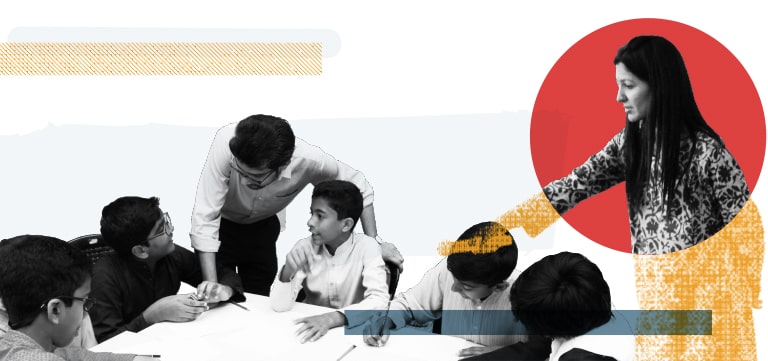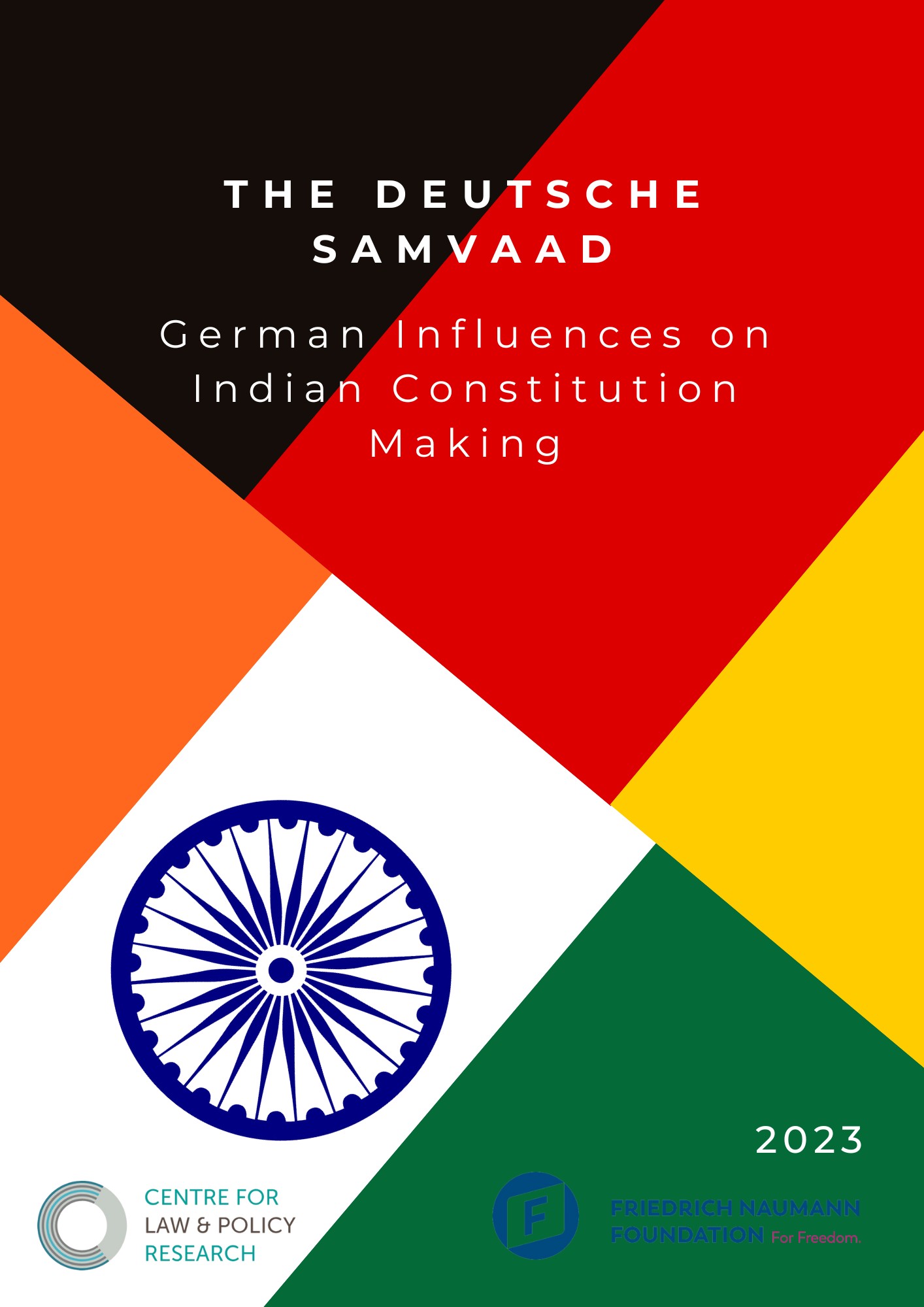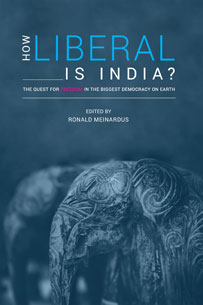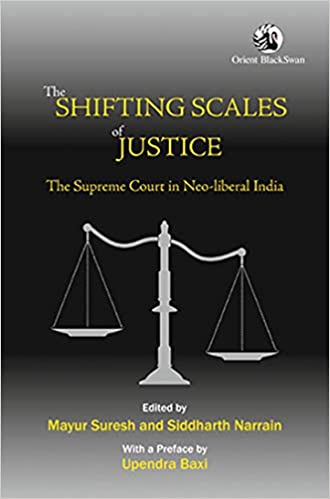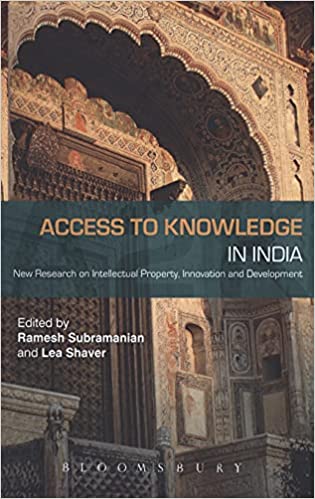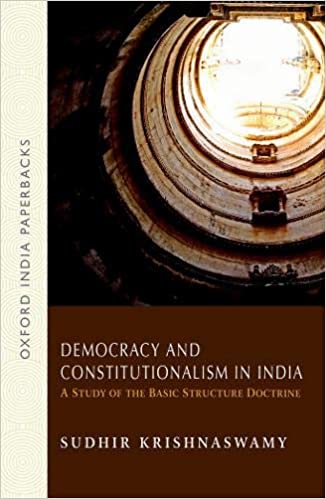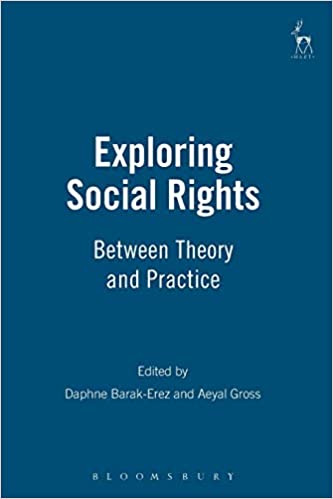A petition challenging the constitutional validity of the Citizenship Amendment Act, 2019 (CAA) and the Citizenship Amendment Rules, 2024 was filed at the Supreme Court of India, arguing that the law discriminates based on religion rather than persecution.
Petitioners being members of the transgender community have filed this Writ Petition seeking a declaration that all references to “husband” and “wife” and “male” and “female” in the Special Marriage Act, 1954 be read to include the words “spouse” to include all persons irrespective of their gender identity and sexual orientation.
The Petitioners, Kanika Gulati and Sreekumar Gopinathan, have filed this Public Interest Litigation in the Karnataka High Court, challenging the validity of the Karnataka Prevention of Slaughter and Preservation of Cattle Ordinance, 2020. In particular, Sections 2(2), 4, 5, 6, 7 and 18(1)(d) are challenged on the ground that they violate Articles 14, 19(1)(g) and 21 of the Constitution.
Child Rights Trust (a Bangalore based NGO working extensively in the area of Child Rights) and Ms. Neena Nayak (a child Rights advocate and activist) filed a Writ Petition seeking enforcement of Fundamental Rights, under Articles 14, 15, 19, 21, 21A, 39 and 47 of the Constitution, of migrant children and children of migrant families during the COVID-19 pandemic. The Petition seeks to ensure that migrant children and children of migrant workers are provided with proper living conditions, nutrition, health care/immunization, access to education and their protection. The Petition highlights that the lack of present-day assessment of the number and essential needs of migrant children, infants and pregnant and lactating women of migrant families has aggravated their vulnerabilities during the lockdown.

